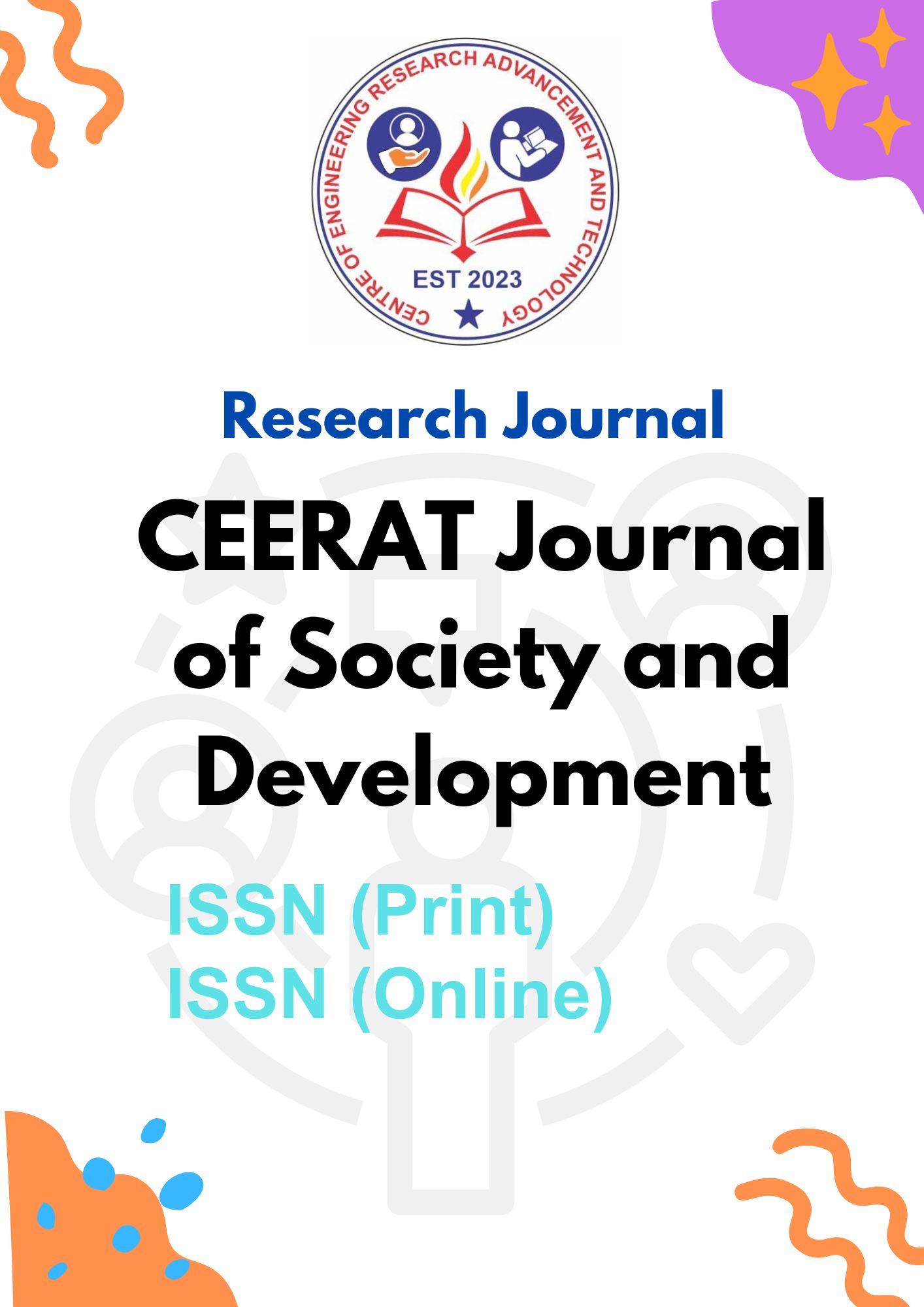Beyond Colonial Legacies: Reimagining Industrial Social Work through Decolonial Frameworks in Pakistan
Keywords:
Social work, Colonial institutions, Decolonialization, Labor Welfare AssociationAbstract
Despite increasing industrial expansion and labor precarity, Pakistan’s labor welfare system remains anchored to colonial-era frameworks that prioritize control over care. This qualitative study reimagines Industrial Social Work (ISW) as a decolonial practice that can transform worker welfare beyond bureaucratic and managerial legacies. The study draws on 15 anonymized semi-structured interviews conducted in early 2025 with stakeholders, including industrial managers, HR professionals, labor welfare officers, social work academics, and union representatives. It examines institutional gaps, cultural dissonance, and policy inertia that hinder ISW’s emergence. Thematic analysis, based on Braun and Clarke’s (2006) framework, reveals six interlinked themes: the absence of formal ISW roles in law and policy; limited organizational understanding shaped by colonial welfare logic; underused CSR and mental health resources; systemic legal and institutional fragmentation; educational disconnects; and new opportunities in Special Economic Zones. The study frames these findings within decolonial social work theory, which asserts that ISW is rooted in indigenous ethics, Islamic care traditions, and participatory governance. This creates a culturally resonant and structurally liberating model for labor welfare. The recommendations highlight legal recognition, curriculum reform, CSR-based pilot programs, and cross-sectoral partnerships as ways to institutionalize ISW as a tool for socio-industrial transformation. Future researchers should view worker welfare through a decolonial lens and see ISW not only as a service but as a path to justice in Pakistan’s industrial sectors.




